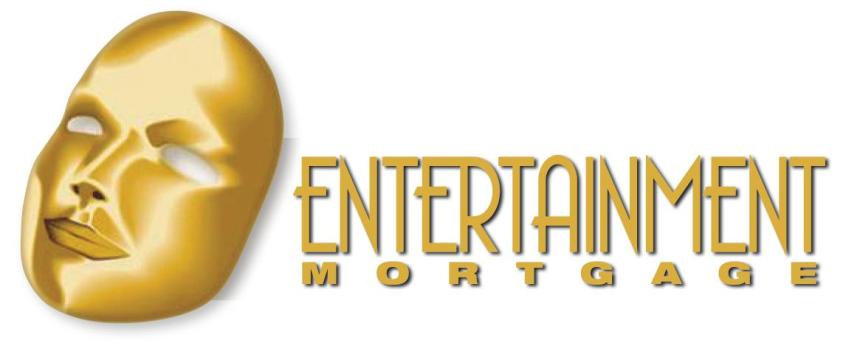 Down payments are common for first-time homebuyers.
Down payments are common for first-time homebuyers.
It seems that the initial financial stab at home ownership is among the greatest roadblocks of owning a home, especially in high-cost urban housing markets. Gift funds are often the answer.
Family members willing to pitch in financially are a boon to getting into a home sooner than it would happen otherwise. In fact, 25 percent of first-time homebuyers used money they received as a gift for a down payment. But before you make a beeline to the bank with a check from Mom and Dad, it’s important to observe the proper guidelines of using gift money as part of your down payment.
Your mortgage application will be scrutinized up one side and down the other, noting every detail of your finances, including credit scores as well as the history and consistency of your income and employment. Why? Because lenders like to hedge their bets, making sure you appear capable of paying the loan back. That scrutiny includes considering where your down payment came from, putting it under a microscope before extending your loan approval.
The good news is . . .
. . . the help you get from family members is not limited to parents only. Anyone in your family (including stepparents grandparents, aunts and uncles) may give you the money for a down payment. How about close friends? Lenders are less inclined to allow you to use financial gifts from non-relatives unless it’s a fiancé. All those funds you raised as wedding gifts in lieu of china and crystal? Chances are good that you won’t be able to use it toward a house unless it’s to buy some furniture after you close escrow.
An important caveat, however. If the funds have been in your account for the two previous bank statement periods, the lender won’t ask where the funds came from. If the gift funds appear in your account within that 60-day period, then the gift rules come into play.
Speaking of gifts, remember the definition of that word. What you receive should not be considered a loan or some kind of barter deal. If the money is actually a loan and you play it off as a gift, you’ll be committing loan fraud. If, however, you’re taking out a conventional government-backed mortgage (through Freddie Mac or Fannie Mae), the entire down payment (in many cases) may be a gift if you put down 20 percent or more. In this case, you also have the added benefit of not having to pay private mortgage insurance, which indemnifies lenders against default if there is less of your skin in the game. Putting down less than that must be primarily your own (traceable) funds. How much is allowed to come from a gift depends on the loan type.
Gift funds will be paper-trailed . . .
. . .but it all starts with a gift letter. This document makes it clear to your lender that the money is truly a gift and not a loan, so don’t leave the wording of it up to your mom to think up.
In addition to the gift letter, your lender will need to see documentation of the gift exchanging hands.
Don’t wait to do all this at the 11th hour, wiring funds just before close of escrow. It should all take place well ahead of loan approval, and your loan officer will advise you on how this all should work to get that happy result.
You can see that there are a lot of details with regard to a gift. Best to check with us early on so we can make it a no-hassle part of the mortgage transaction.

Leave a Reply